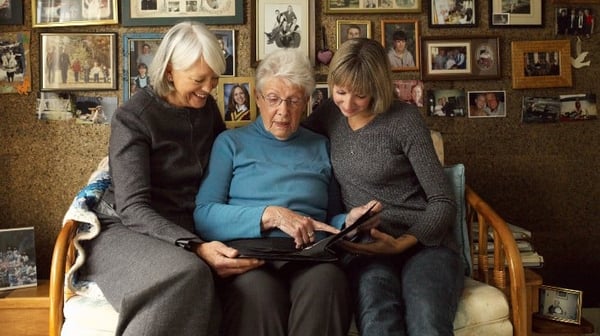How to mark a death anniversary
A death anniversary is always a difficult time, particularly when remembering a close friend, family member or partner. But as time passes, there are lots of ways you can acknowledge the anniversary of a death in a way that honours – and celebrates – your loved one’s memory.

A death anniversary is the moment in time where we mark the anniversary of a loved one’s passing. This could be a particularly poignant one-year anniversary, or anniversaries in later years, including milestones like five or ten-year death anniversaries.
Dealing with a first death anniversary
The first anniversary of a death can be challenging for anyone. If you’re dreading the occasion, here are some ideas for dealing with a 1-year death anniversary.
Reasons to mark a death anniversary
While the first death anniversary is understandably difficult, in future years, you may have a different perspective on how to approach the annual day of remembrance.
But why ‘celebrate’ the occasion? Here are some reasons to remember someone on their death anniversary.
10 ways to remember someone on their death anniversary
If you feel like acknowledging the anniversary of a death, here are some ways you could honour someone on the day.
- Visit their place of rest. You could spend some time at the gravesite, or a place where you scattered the ashes, which could provide some solace.
- Plant a tree. One way to create a ‘living memory’ for your loved one is to plant a tree, such as willows, oaks or elders, or even a dedicated section of woodland. The Woodland Trust has more information on planting a tree in remembrance.
- Revisit somewhere special. Returning to a place of significance and happy memories can of course be emotional, but potentially a cathartic experience.
- Go for a walk. By embracing the outdoors you can clear your head, get some inspiration, and take a moment to remember someone on their death anniversary.
- Do something for charity. Raising money for a charitable cause can help you transform a challenging experience into a positive legacy. And you can have fun while raising money – from coffee mornings and bake sales to running a marathon.
- Create a photo album. A death anniversary could offer a timely opportunity to create a photo album or ‘memory book’ – either by uploading images online or creating a homemade scrapbook.
- Play their favourite song. Music is a powerful way of connecting us to others. By listening to your loved one’s favourite song, you’ll be reminded of their fondest passions.
- Make their favourite meal. Food can conjure cherished memories, so one way of remembering the departed is to prepare the meal they loved most.
- Gather friends and family. Rather than spend a death anniversary alone, why not invite close family and friends to mark the occasion? It’s an opportunity to share memories at the dinner table, raise a toast and feel uplifted.
- Write down your feelings. Some people find that keeping a journal, or writing a letter to a loved one, has a therapeutic quality. In years to come, you’ll have something to look back on when you remember that special someone.
How to acknowledge the anniversary of a death
If you know that a friend or relative is marking the anniversary of a death, there are various gestures they may appreciate:
Words of comfort on the anniversary of a death
If you know someone who’s lost a loved one and the death anniversary is approaching, here are some ideas for what to say in a message:
- “Thinking of you today”
- “You’re in my thoughts”
- “Thinking of you on your day of remembrance”.
For more ideas on what to say following a death, our Legal & General guide recommends some words of comfort.
Resources for dealing with a death anniversary
Below are some resources and guidance if you’re looking for support ahead of a death anniversary.
- Mind has published a list of online resources for bereavement support.
- Marie Curie has a dedicated bereavement support telephone service run by specially trained volunteers – find out more.
- To find out what to do following the death of a loved one, you can take a look at our guide on what do you do when someone dies.
- If you have a bereavement claim on a Legal & General policy we can guide you through the documentation process for what to do following the death of a loved one. Read more.


